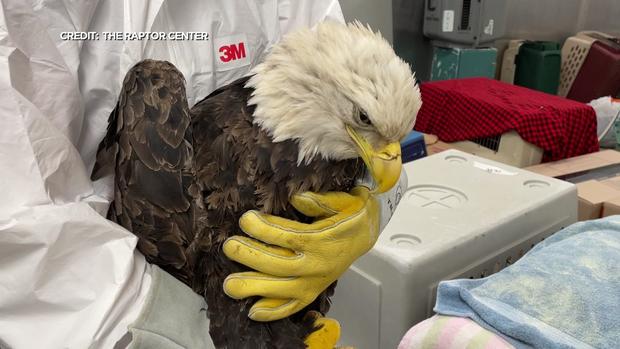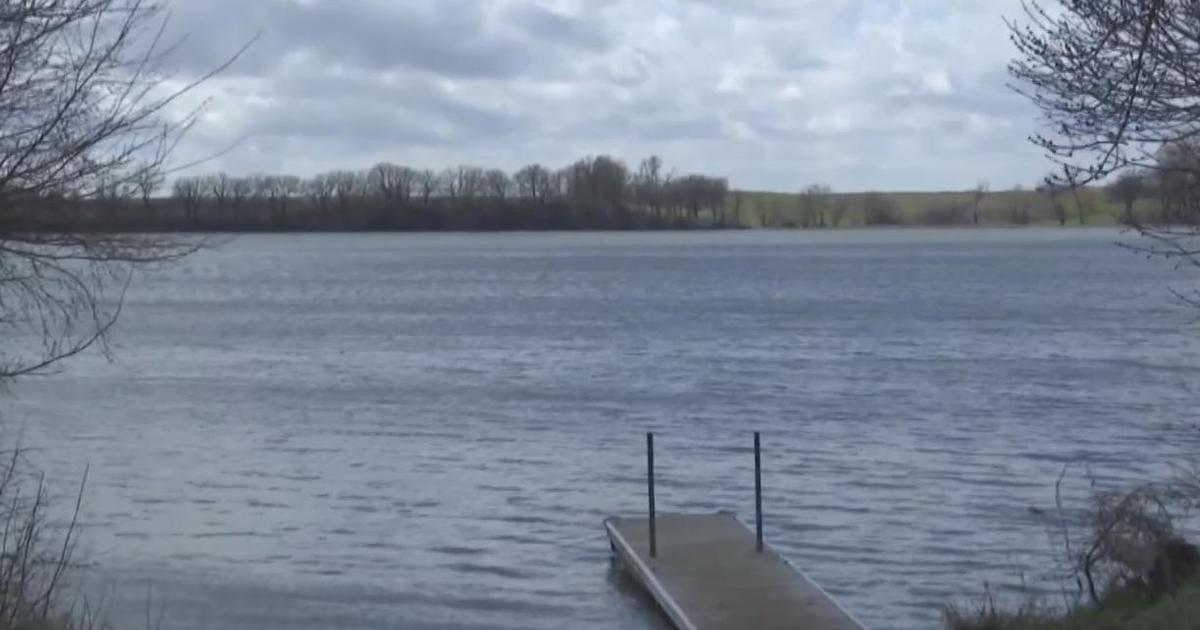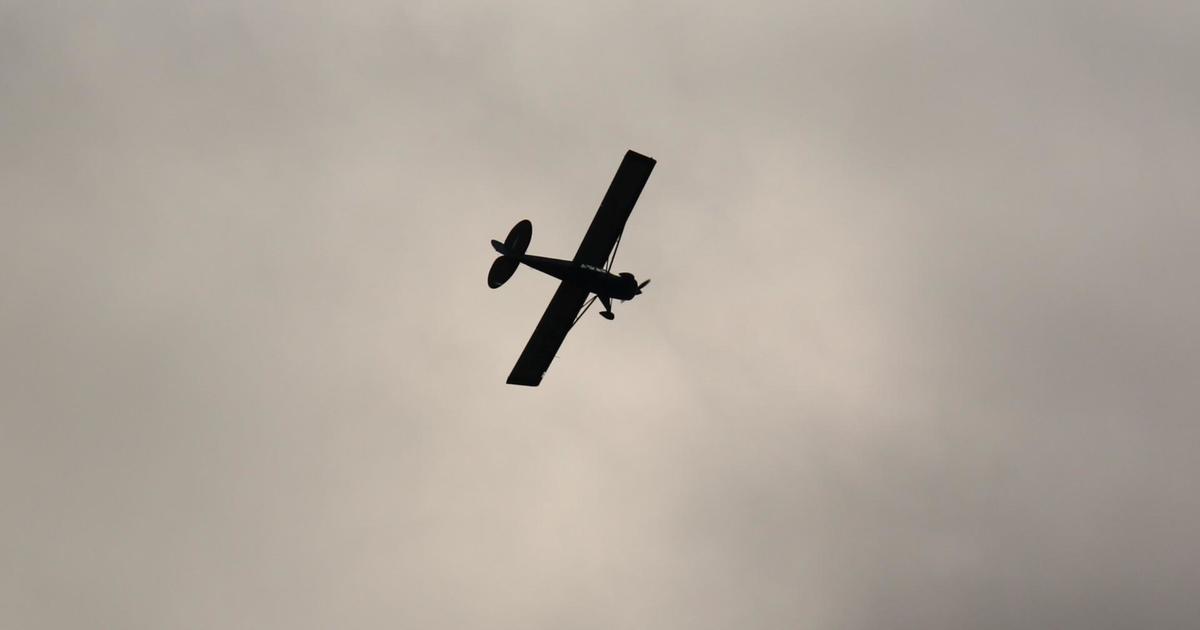Wildlife agencies investigate mass poisoning of bald eagles at Minnesota landfill
ST. PAUL, Minn. – Wildlife agencies are looking into a mass poisoning of bald eagles at an Inver Grove Heights landfill.
Police and volunteers found 13 sick eagles. Three of them have already died. The 10 remaining are in the care of The Raptor Center at the University of Minnesota.
The birds were poisoned after scavenging on dead animal carcasses in this landfill. Inver Grove Heights police found the first poisoned eagle near the Pine Bend Landfill on Dec. 4. They called in The Raptor Center to help, and dozens of volunteers came out to search the landfill, and rescued 11 more birds.
"Our volunteers walked the grounds for hours, making sure they could find every bird possible," Hall said.
She says one of the eagles contracted avian bird flu shortly after coming to their center, and died. Now they are taking care of 10 eagles, with two of them also having lead poisoning, making their recovery even harder.
"When these eagles came in they were extremely sedate, some of them almost comatose," she said.
Dr. Hall says the dead animals in the landfill were filled with a chemical called pentobarbital, which is used in a euthanasia solution to put down pets. As part of their recovery tactic, veterinarians at the center removed the toxic carcass meat from the eagles.
While euthanasia is the most humane way to put down pets, the U.S Fish and Wildlife Service says you need to properly dispose of that pet by either:
* Incineration or cremation
* Deep burial, so scavengers can't get it
* Double bagging, using heavy duty bags and then labeling it as poisonous
The Raptor Center is hopeful it can release the 10 remaining eagles back into the wild within the next two weeks.
"They're starting to object to their medical treatments and get feisty, which is exactly how bald eagles should be, so we're optimistic at their chances," Hall said.
The Raptor Center operates thanks to generous donations. Due to this rescue being so large and requiring a lot of resources, funding needs to be replenished. Click here to help out.
In a statement sent to WCCO, the Minnesota Department of Natural Resources shares that they are investigating with several agencies to learn how this happened:
The Minnesota Department of Natural Resources, Minnesota Pollution Control Agency, and U.S. Fish and Wildlife Service continue to work together to understand what led to the disposal of the animal carcasses at the Pine Bend landfill and the subsequent poisoning of multiple eagles.
The Minnesota DNR takes this loss of protected species very seriously and we will continue working with our state and federal partners to understand what happened and what actions may be needed moving forward. At this time, the Minnesota DNR isn't able to offer any further details.





